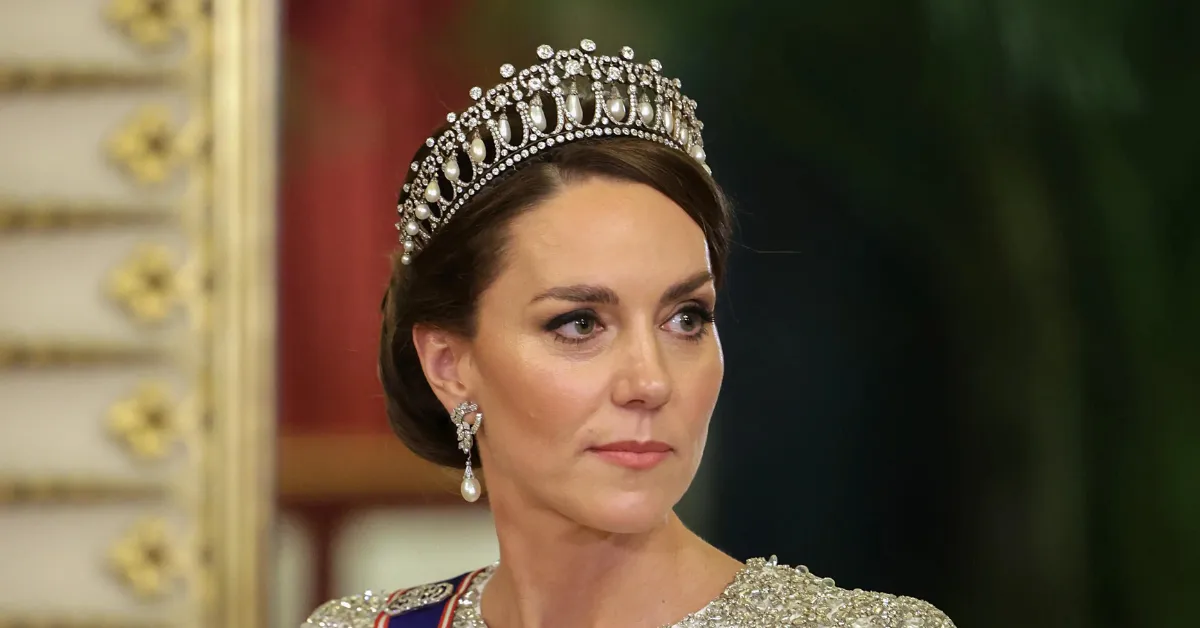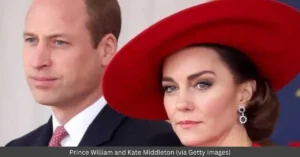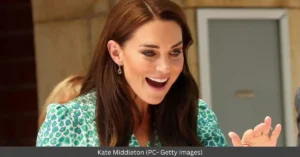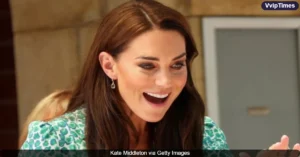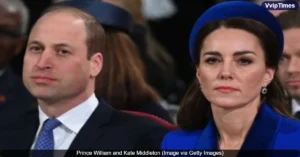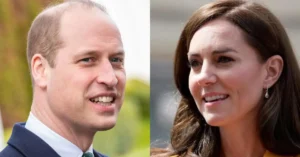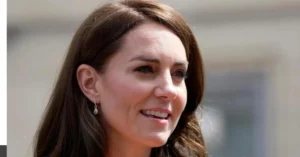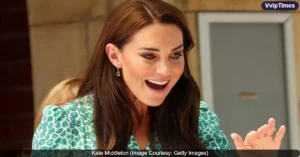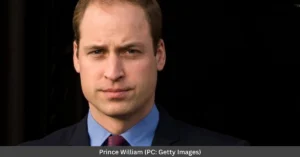Over the past few months, speculation has swirled online about the health and whereabouts of Kate Middleton, Princess of Wales. These rumors intensified after Prince William missed a public event in late February. Now, experts are raising concerns that these online conspiracies may have been part of a larger misinformation campaign orchestrated by Russia and potentially other countries.
Experts Link Activity to Russian Operation
Martin Innes, director of Cardiff University’s Security, Crime and Intelligence Innovation Institute, shared his findings with major news outlets. He identified a network of social media accounts potentially linked to a known Russian misinformation campaign, Doppelgänger, that actively participated in discussions about Princess Kate.
While Innes doesn’t believe these accounts started the rumors, he suggests they exploited the situation to spread pro-Russian content and sow discord. These accounts often responded to posts about the Princess with messages supporting Russia and opposing Ukraine.
Innes emphasizes the danger of such campaigns, stating their goal is to “cause instability and erode trust in institutions.” Royal families and governments are frequent targets as their misfortune can be easily manipulated to create distrust.
Social Media Frenzy Fuels Rumors
Discussions about the Princess’s health escalated in February when Prince William missed a public event. The reason for his absence was later revealed to be his wife’s recent cancer diagnosis following abdominal surgery.
Psychologist Sander van der Linden highlights how the lack of information from the palace, combined with the intense public interest in the royal family, created a “perfect environment for conspiracy theories.” This situation was further fueled by a seemingly harmless Mother’s Day photo that ignited a PR crisis.
Absence Breeds Opportunity
With Princess Kate Middleton out of the public eye, rumors swirled online. Experts believe that Russian-linked accounts, along with potential involvement from China and Iran, capitalized on this by amplifying these rumors. They likely used this tactic to gain followers and increase online traffic.
These tactics weren’t limited to Princess Kate Middleton. Similar misinformation campaigns reportedly targeted King Charles as well. Shortly before the Princess’s cancer diagnosis, rumors about the King’s death circulated online, fueled by Russian media outlets. Buckingham Palace quickly denied these claims.
The Royal Family and the Curse of Modern Life
A former palace insider highlights the challenges faced by the royal family in the age of social media. The constant public scrutiny and demand for information create a situation where even a simple photo can spark a media frenzy.
This incident serves as a reminder of the vulnerability of public figures in the digital age. Misinformation can spread quickly and cause real harm, not just to individuals but also to national security. As we’ve seen, foreign actors are willing to exploit these situations to achieve their own goals.
The British royal family is likely to face continued scrutiny in the online age. However, by being more transparent with the public and proactively addressing rumors, they can help mitigate the spread of misinformation. Additionally, social media platforms need to do more to identify and remove harmful content.
Staying informed about credible news sources and being critical of online information is essential for everyone. By working together, we can help combat the spread of misinformation and ensure a healthier online environment.

